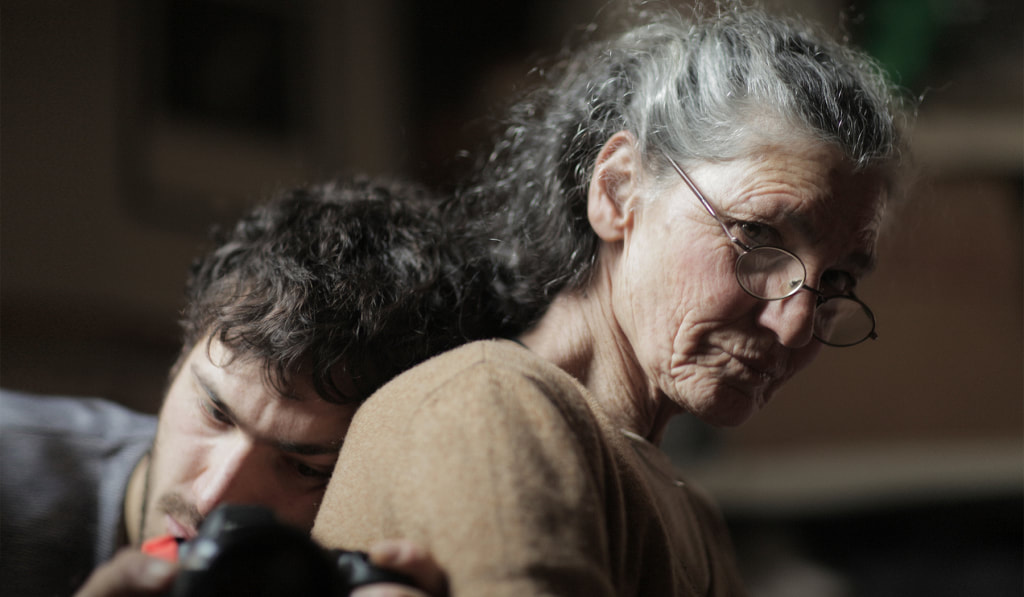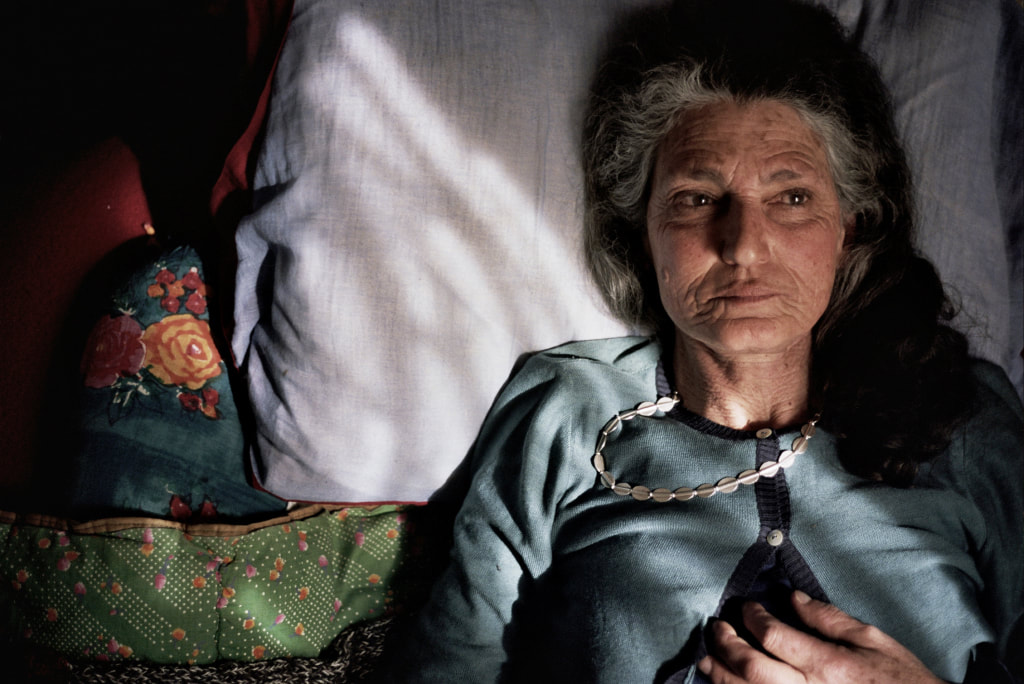|
Review by Sean Boelman The Disappearance of My Mother, the directorial debut of cinematographer Beniamino Barrese, is a new documentary reflecting on the meaning of fame and art. With some beautiful camerawork and tons of interesting ideas, Barrese is able to overcome some of the film’s narrative shortcomings for the end result to be rather compelling. The movie tells follows Barrese as he makes this film about his mother Benedetta Barzini, a once-iconic fashion model who decided to leave that life, causing her to question her relationship with the spotlight. Part of what makes this story so interesting is that it is so multi-faceted. Not only does the movie explore the story of its subject, it also allows the filmmaker to become a moving part in the story because of the role his camera plays in the affair. That said, the nature of the film does have some limitations. Because of the camera-shy nature of the subject, it can be difficult at times for audiences to connect with her on a personal level. Barzini isn’t the most willing or cooperative interviewee, so it frequently takes a lot of effort on the part of Barrese to tell her story in a way that is cinematic. However, because Barrese himself is such an active player in the narrative, viewers have a person with whom they can identify. As the receiving end of Barzini’s apprehensions, Barrese’s perspective is often just as interesting or sometimes even more so than Barzini’s. Although inserting oneself into a movie can often be a slippery slope, Barrese pulls it off with ease. In many ways, this film is perhaps one of the most effective explorations of the consequences of fame. Barzini’s struggles with notoriety are certainly very intriguing, even if she doesn’t really like to talk about them. As her son, Barrese was undoubtedly affected by her decision to live a more secretive life, so it is surprising that this aspect of the story wasn’t explored in more depth.
Yet there is a second part to this story, and it is nowhere near as effective as the main storyline of the movie. The film discusses some of Barzini’s feminist positions that she acted upon in the 1970’s, and while this has a ton of potential to be extremely compelling, it ultimately feels underdeveloped. Again, this can likely be attributed to the difficulty of getting someone hoping to disappear to talk about themselves. On a technical level, the movie is extremely strong, likely thanks to Barrese’s background as a cinematographer. He frames the footage in a beautiful way, making the film feel more like an artistic statement. His images lend the movie an element of lyricism that makes the film connect in a way that makes up for some of the deficiencies in the storytelling. As the directorial debut of Beniamino Barrese, The Disappearance of My Mother is surprisingly accomplished. Although his storytelling could have used a little more work, he approaches these themes with an unignorable and captivating visual style. The Disappearance of My Mother is now playing in theaters. Rating: 4/5
0 Comments
Leave a Reply. |
Archives
July 2024
Authors
All
|
|
|
disappointment media
Dedicated to unique and diverse perspectives on cinema! |


